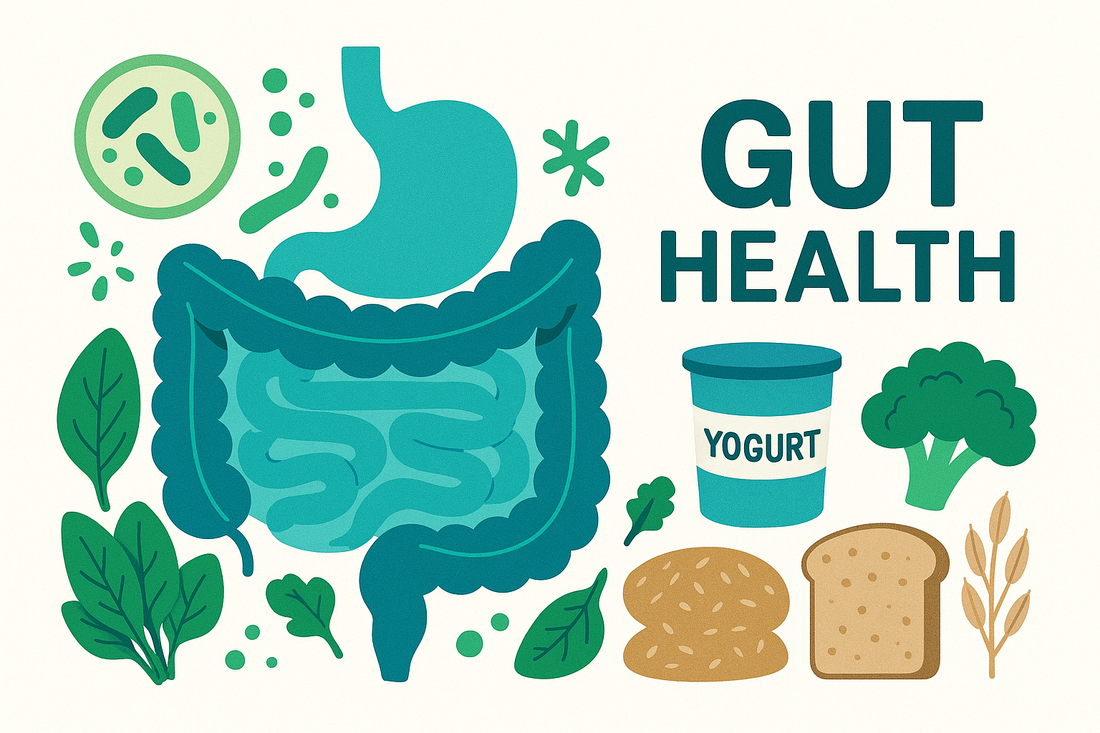
What is Gut Health?
Gut health is a term that refers to the balance of microorganisms that live in the digestive tract. These microorganisms, known as gut flora or gut microbiota, play a crucial role in digestion, nutrient absorption, and overall health.
What is Gut Health?
The gut microbiota is composed of trillions of bacteria, viruses, fungi, and other microorganisms that reside in the gastrointestinal tract. These microorganisms help break down food, produce essential nutrients, and support the immune system.
Why is Gut Health Important?
Research has shown that the gut microbiota plays a key role in various aspects of health, including digestion, metabolism, immune function, and even mental health. An imbalance in the gut flora, known as dysbiosis, has been linked to a range of health issues, including obesity, diabetes, inflammatory bowel diseases, and even depression.
How to Support Gut Health
There are several ways to support gut health, including eating a diverse range of fruits, vegetables, whole grains, and fermented foods. Probiotics, which are beneficial bacteria found in certain foods and supplements, can also help maintain a healthy balance of gut flora.
Additionally, reducing stress, getting enough sleep, and avoiding antibiotics unless necessary can all contribute to a healthy gut microbiota.
Conclusion
In conclusion, gut health is a crucial aspect of overall health and well-being. By taking steps to support a healthy balance of gut flora, individuals can improve digestion, boost immunity, and reduce the risk of various health conditions.
